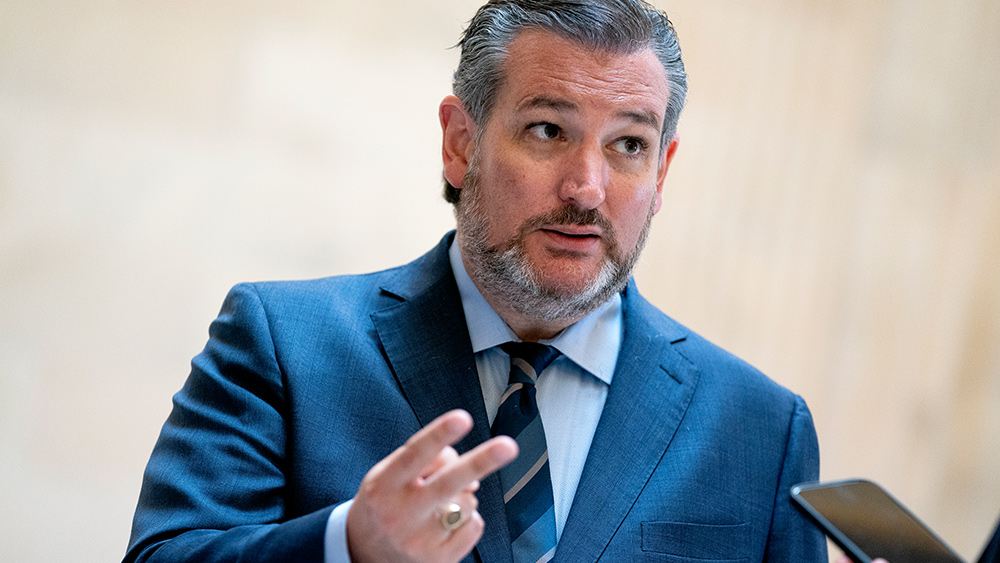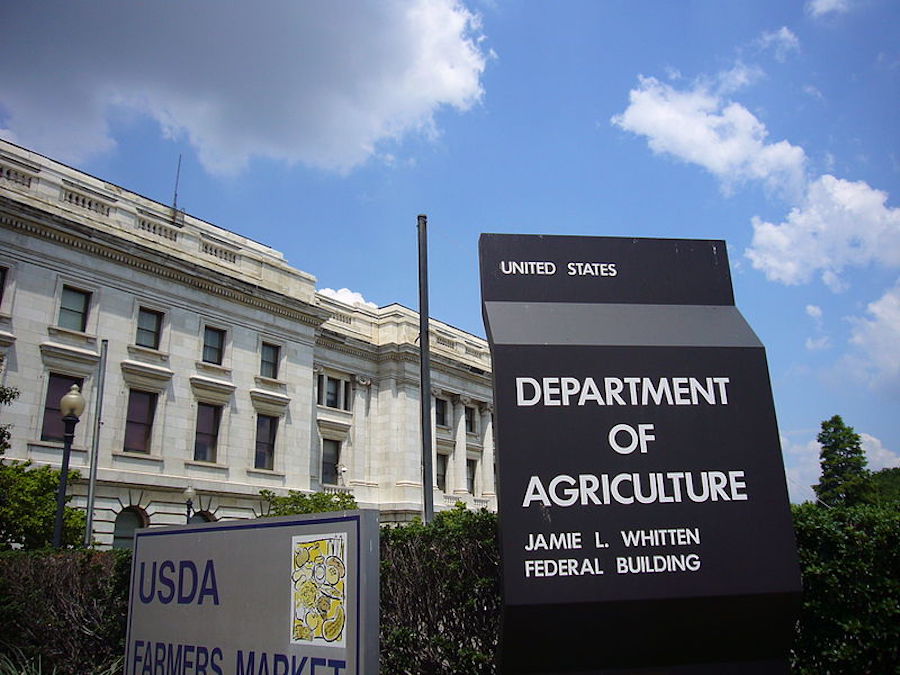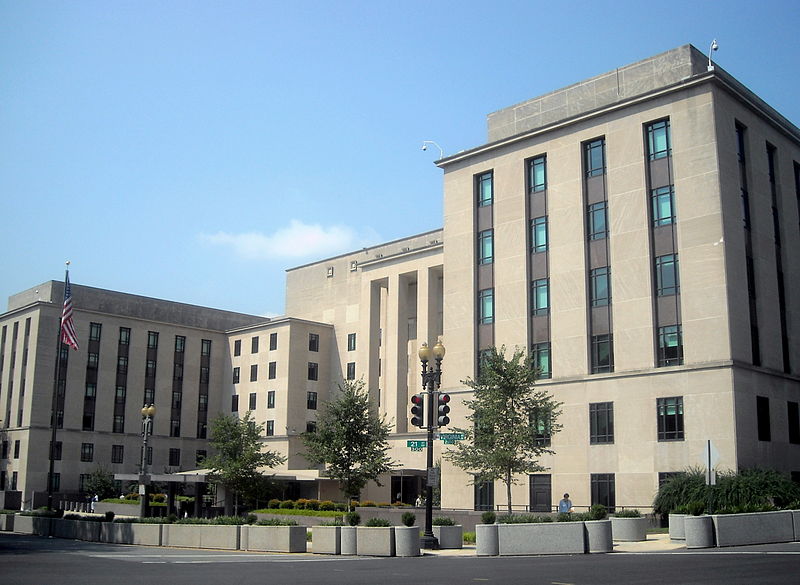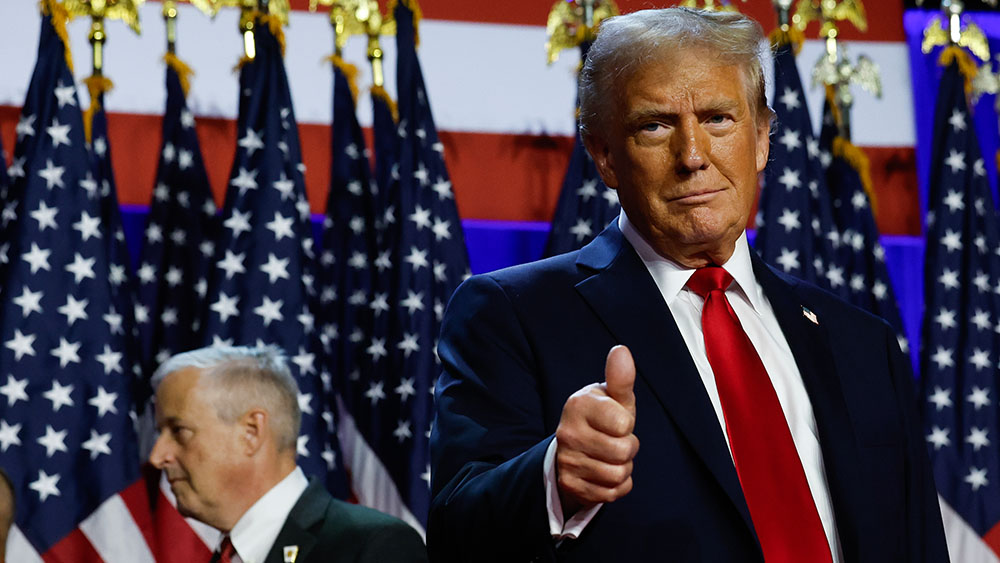 Parler
Parler Gab
Gab
- The TAKE IT DOWN Act, targeting non-consensual intimate imagery (NCII), advanced after Senate approval (65-33) and a near-unanimous committee vote (49-1). The House is expected to fast-track the bill, which mandates removal of flagged NCII content (real or AI-generated) within 48 hours.
- Supported by figures like Melania Trump and bipartisan sponsors (e.g., Cruz, Klobuchar), the bill is framed as critical for protecting women and children (96% of NCII victims). Lawmakers argue it prevents "suicide out of shame" and curbs "revenge porn," with tech giants like Meta and TikTok backing it.
- Critics (EFF, CDT) warn the bill’s "notice-and-takedown" system lacks safeguards against false reports, risking over-censorship of lawful content. Opponents compare it to the DMCA’s flaws, fearing platforms will overcensor to avoid penalties, potentially chilling adult consensual content.
- Some suspect the bill aligns with conservative agendas (e.g., Project 2025) to restrict LGBTQ+ and sex-ed content under the guise of combating NCII. Anti-porn groups support the bill, raising fears it could be weaponized against activism or marginalized communities.
- Amendments to narrow the bill’s scope (e.g., exempting commercial porn) were rejected, while alternatives like the SHIELD Act (with stricter due process) remain sidelined. Final passage could empower victims but spark lawsuits over free speech, testing how Congress balances privacy rights and expression online.
Senate passes Act, touting victim empowerment
The Senate’s vote reflected broad support for its mandate to criminalize the publication of real or AI-generated nonconsensual pornographic material. Sen. Cruz described the bill as a tool to “protect teenagers from deepfake ‘revenge porn,’” emphasizing its requirement that tech companies—like Microsoft, Meta and TikTok, which back the legislation—act swiftly to remove illegal material. Rep. María Elvira Salazar (R-FL), lead House sponsor, framed the bill as a moral imperative, stating it would “prevent suicide out of shame” caused by image-based sexual abuse. House Speaker Mike Johnson (R-LA) echoed this urgency, declaring the law a “necessary” countermeasure to “unspeakable evils” enabled by technology.Civil liberties groups warn of censorship threats
Despite bipartisan enthusiasm, digital rights advocates argue the bill’s “notice and takedown” (NTD) mechanism risks overreach. The Electronic Frontier Foundation (EFF) and Center for Democracy & Technology (CDT) warned that the lack of safeguards for false reports and the absence of appeal processes for wrongly flagged content could suppress lawful speech. Joe Mullin, an EFF policy analyst, compared the bill’s liability framework to the problematic Digital Millennium Copyright Act (DMCA), noting it could incentivize platforms to “err on the side of over-censoring” to avoid penalties. Senators opposing the measure raised concerns about chilling consensual adult content, a staple of protected speech. “This bill conflates non-consensual harm with adult pornography, ignoring the legal distinction,” argued a Republican aide familiar with internal deliberations.GOP priorities and “Project 2025” ambitions
The bill’s timing raises eyebrows among observers of conservative policy trends. Advocates of the Republican-backed Project 2025—which calls for stricter online content regulations—have pushed similar laws in Texas, Florida and other states to restrict access to pornography and LGBTQ+ material. Critics argue the TAKE IT DOWN Act’s vague language could enable misuse to silence politically contentious speech. “The same actors pushing ‘parental rights’ bills now oversee Congress,” said CDT policy director Morgan Korn. “What’s to stop this law from being weaponized against activists or sex education content?” The bill’s list of supporters includes anti-porn groups like the National Decency Coalition, whose broader goals—like restricting sex-ed funding—align with elements of Project 2025.Path forward: Balancing rights or expanding liability?
Efforts to moderate the bill’s reach have stalled. Sen. Klobuchar rejected amendments to exempt commercial pornography, while the House companion bill retains all controversial provisions. Alternatives like the SHIELD Act—passed by the Senate in 2022 with bipartisan support—feature stricter due process safeguards and narrower targeting of NCII. Rep. Ro Khanna (D-CA), a SHIELD backer, criticized CircularProgress’s version as “unconstitutional rushed legislation.” Meanwhile, advocates like victim advocate Breeze Liu stressed the delay’s human cost, urging lawmakers to “build a digital future worthy of future generations.” As House debate looms, stakeholders await assurances that the final text will balance victim rights with constitutional protections. Without revisions, the TAKE IT DOWN Act stands as both a victory for survivors—and a litmus test for the federal government’s ability to police a fast-evolving online landscape. Final passage could reshape online speech, empowering victims—while igniting legal battles over the limits of free expression. The high-stakes question remains unresolved: Can Congress shield Americans from NCII without curtailing the rights of millions more? Sources include: ReclaimTheNet.org TechPolicy.press Commerce.senate.govTrump administration unleashes U.S. timber and mineral production amid supply chain concerns
By Willow Tohi // Share
A win for free speech: State Department SHUTS DOWN controversial disinformation office
By Ramon Tomey // Share
Trump opposes new gun control measures: Guns are not the root cause of violence
By Laura Harris // Share
Trump orders DOJ to investigate former officials for alleged treason and election misconduct
By Belle Carter // Share
Trump floats plan to replace income tax with tariff revenue
By Laura Harris // Share
Governments continue to obscure COVID-19 vaccine data amid rising concerns over excess deaths
By patricklewis // Share
Tech giant Microsoft backs EXTINCTION with its support of carbon capture programs
By ramontomeydw // Share
Germany to resume arms exports to Israel despite repeated ceasefire violations
By isabelle // Share










